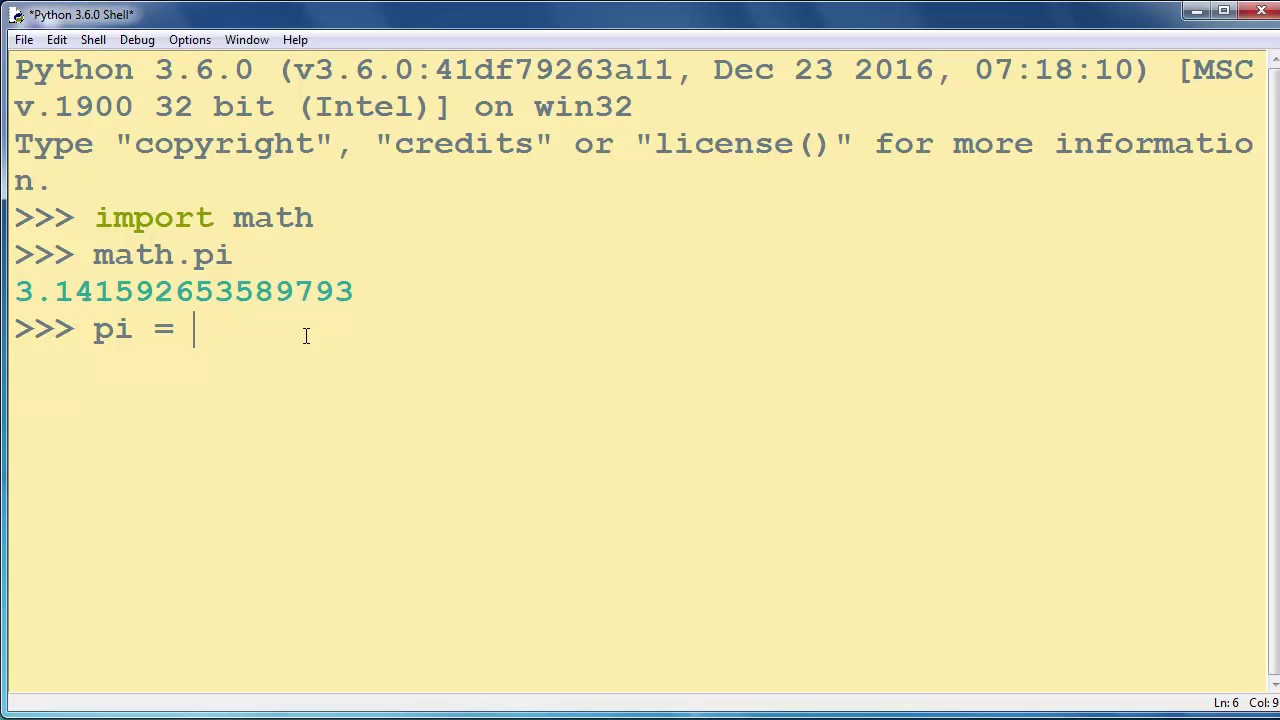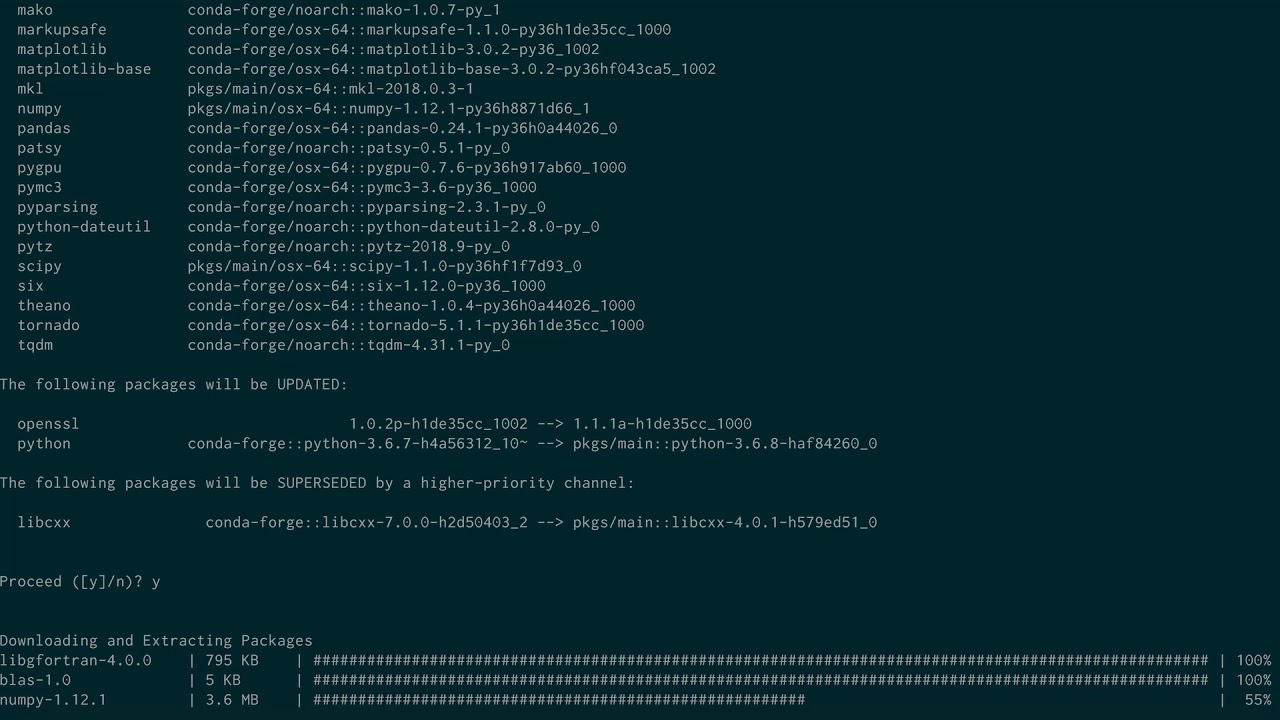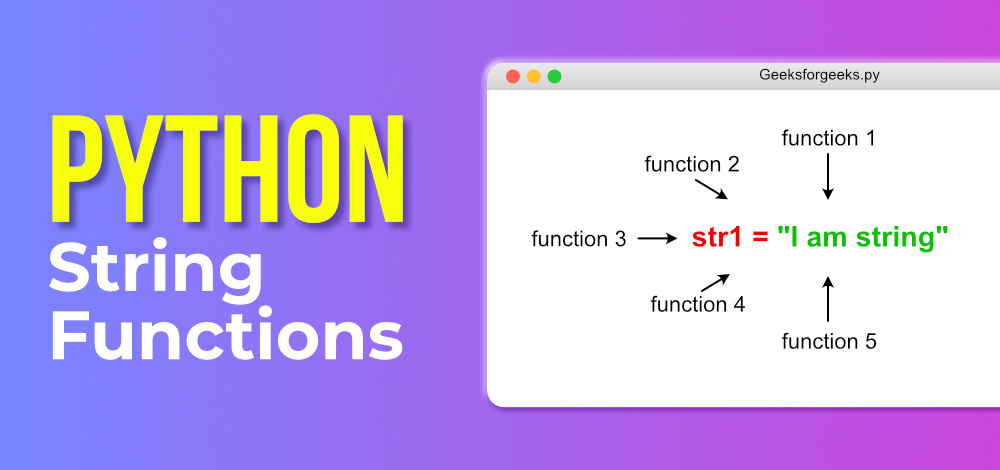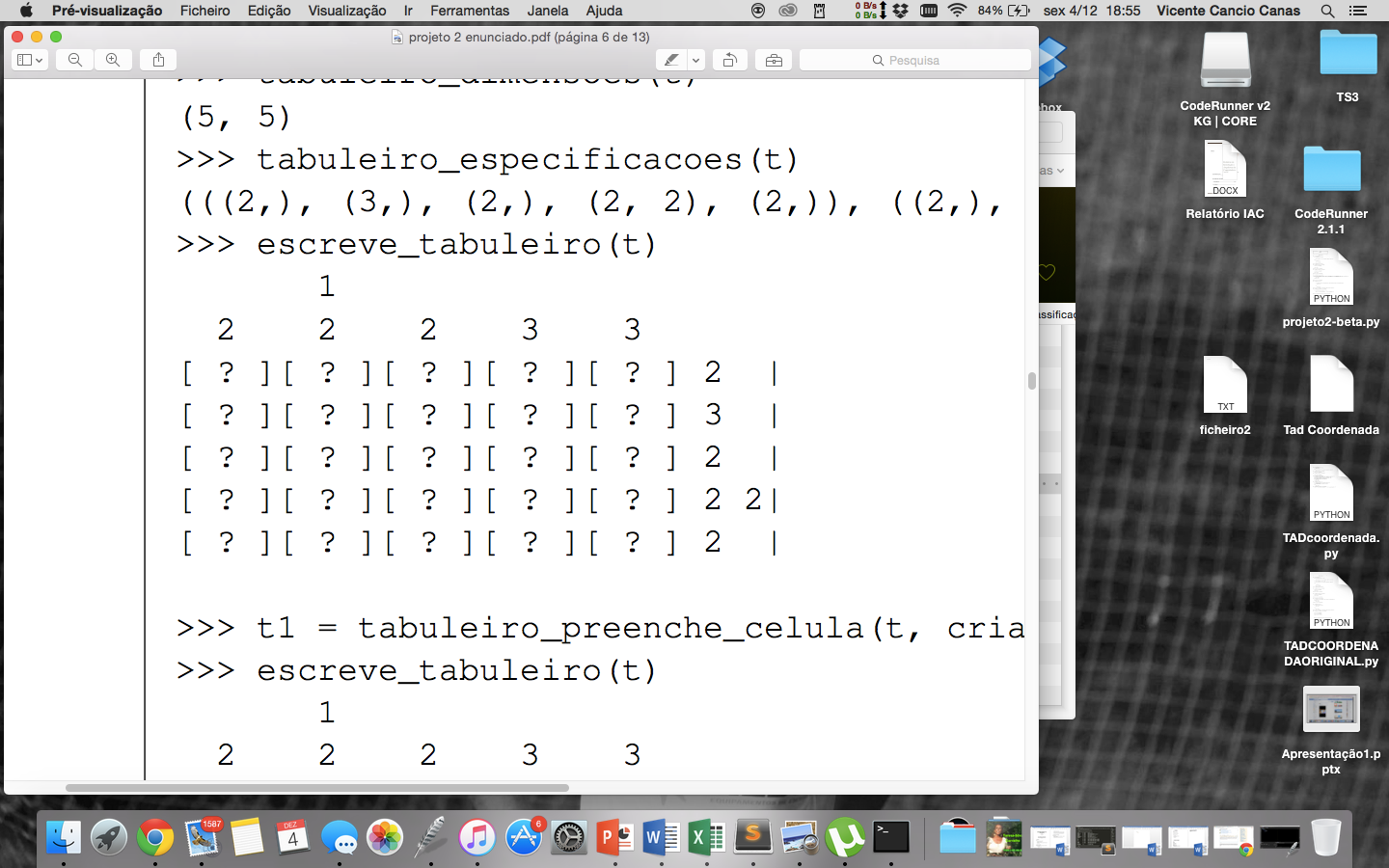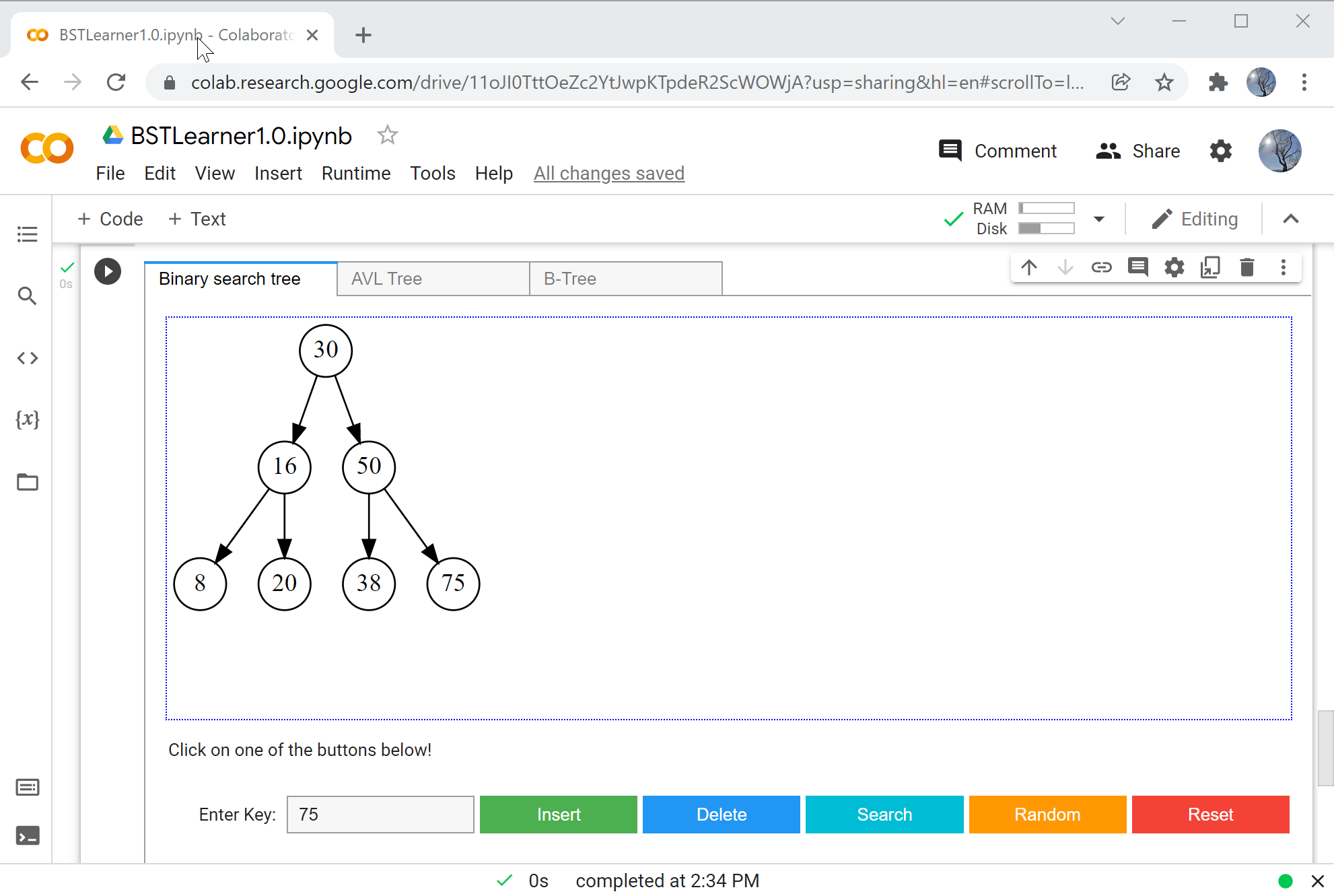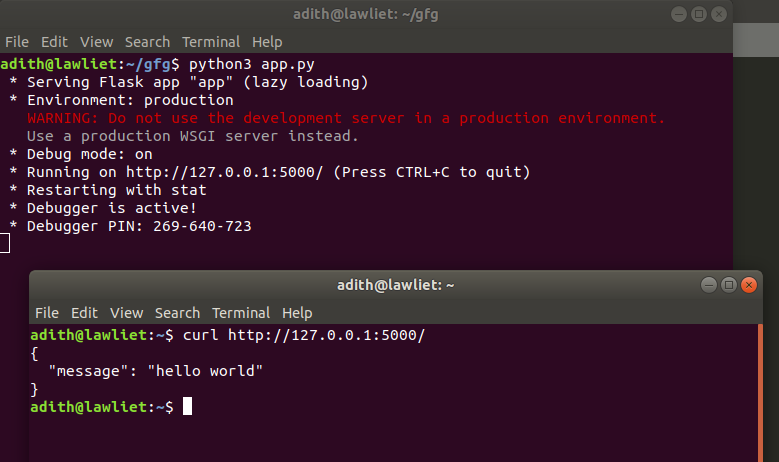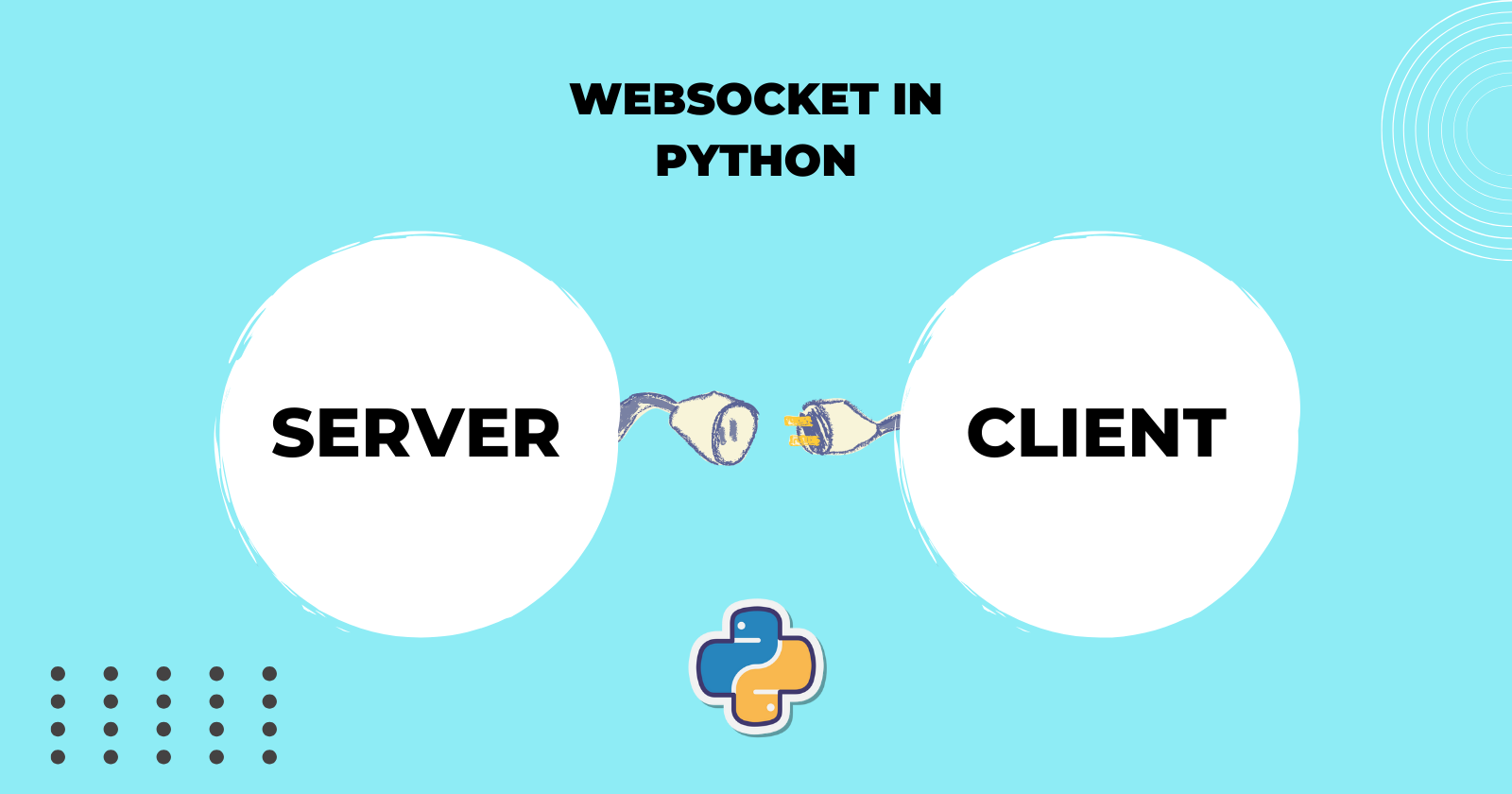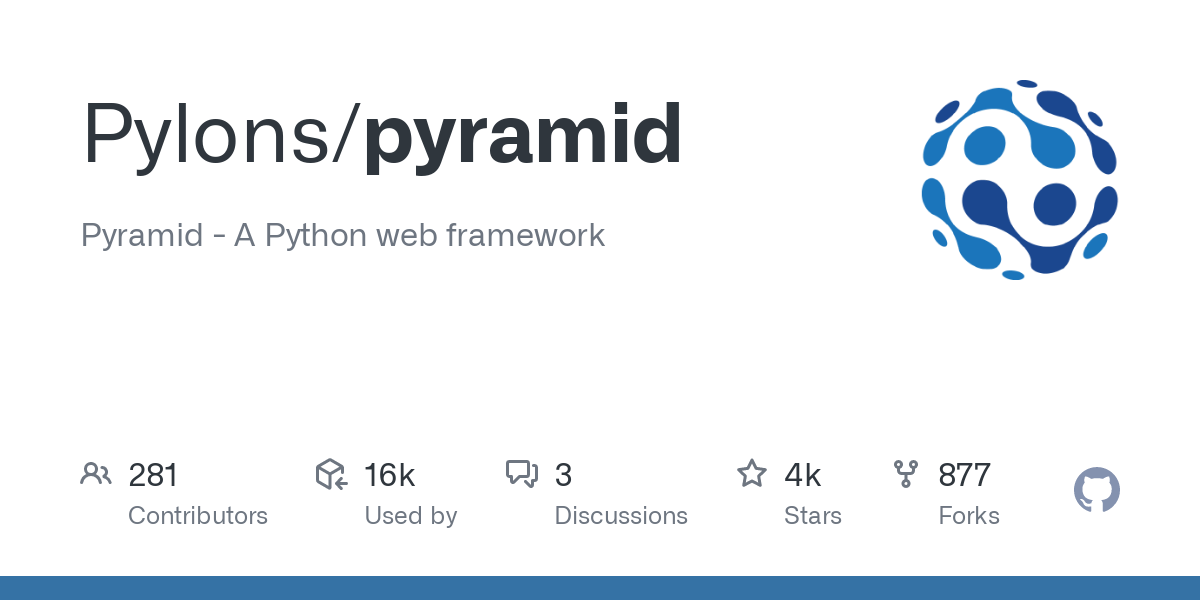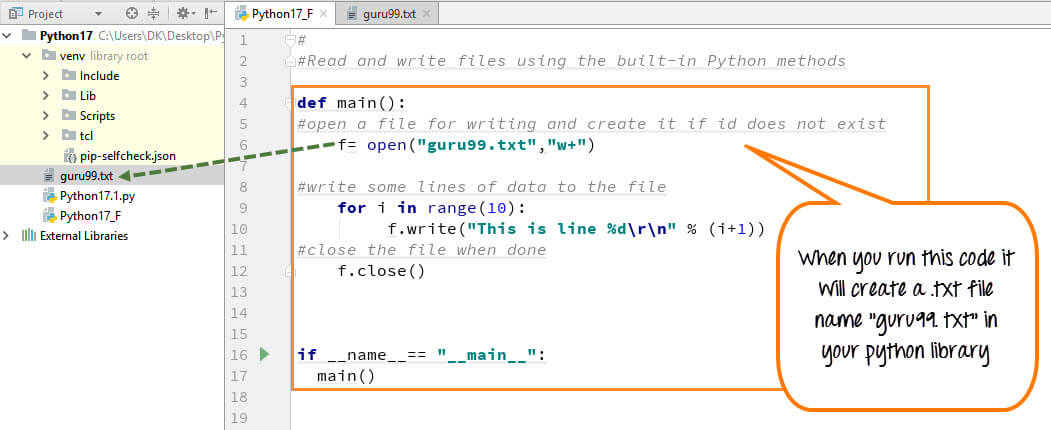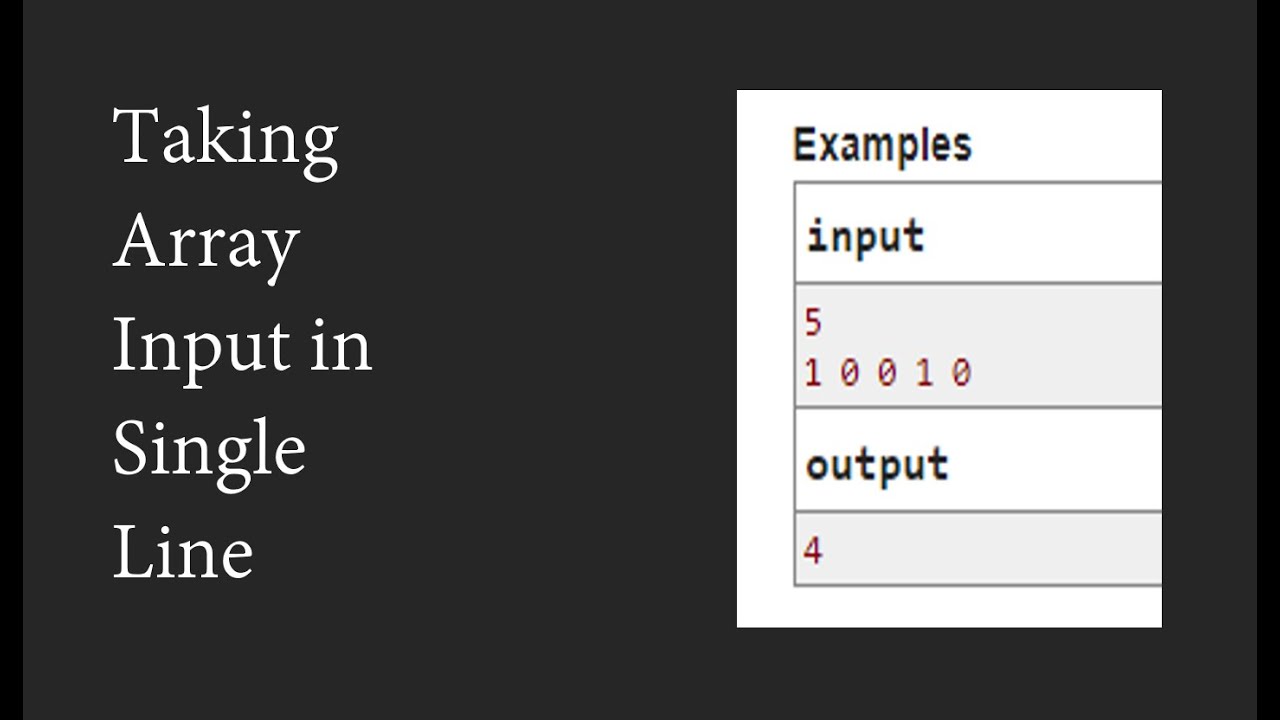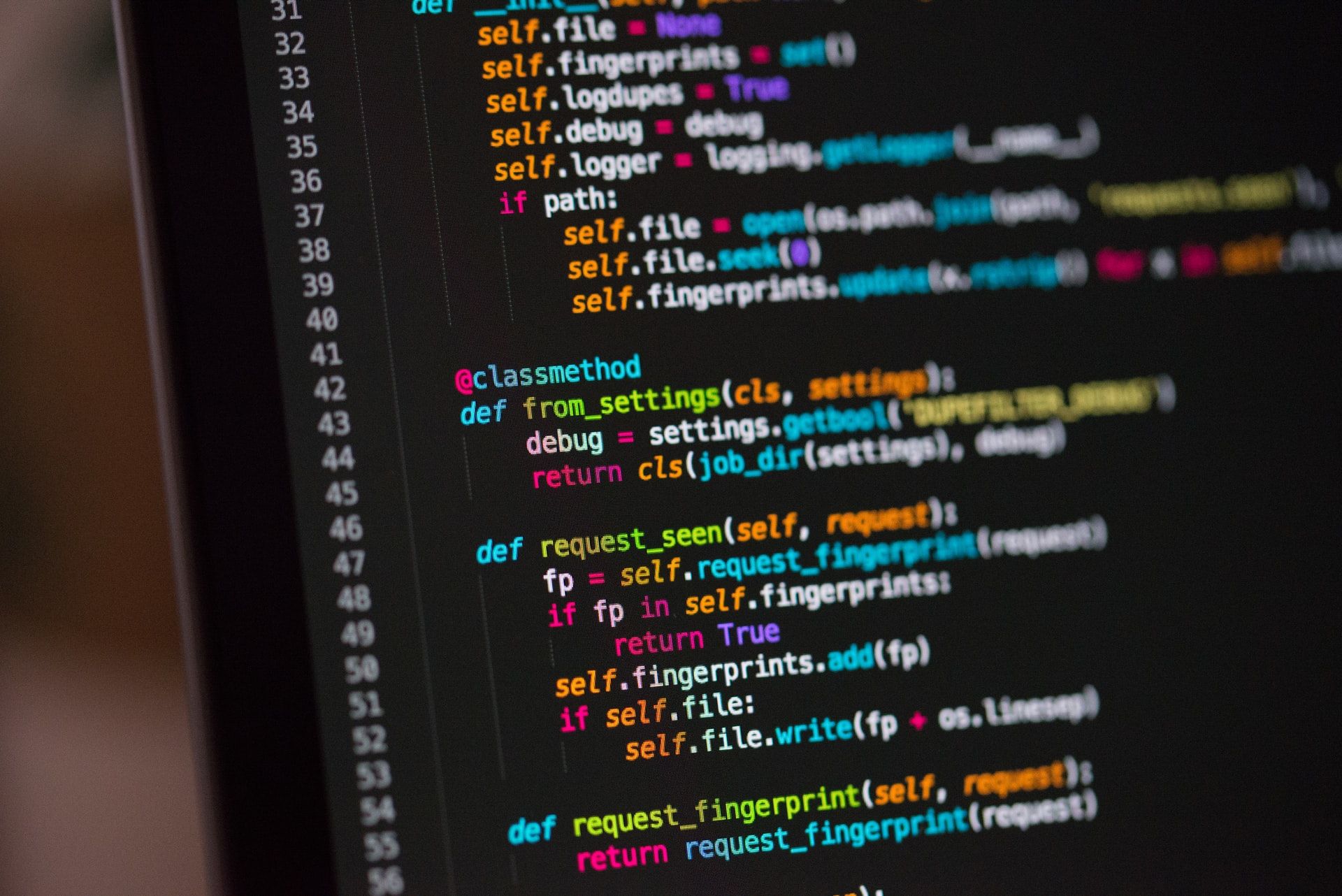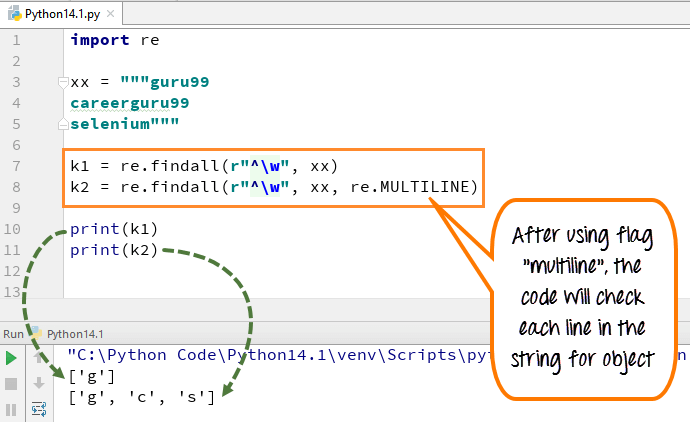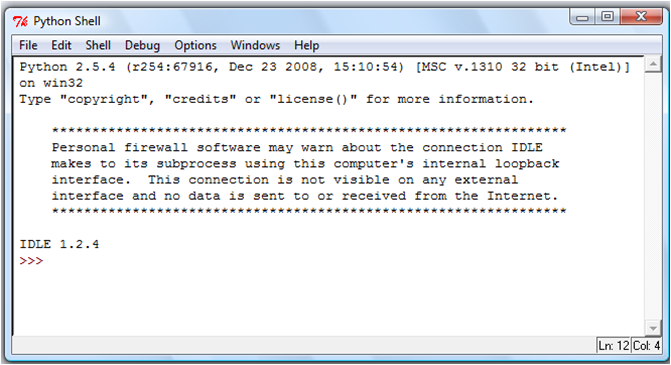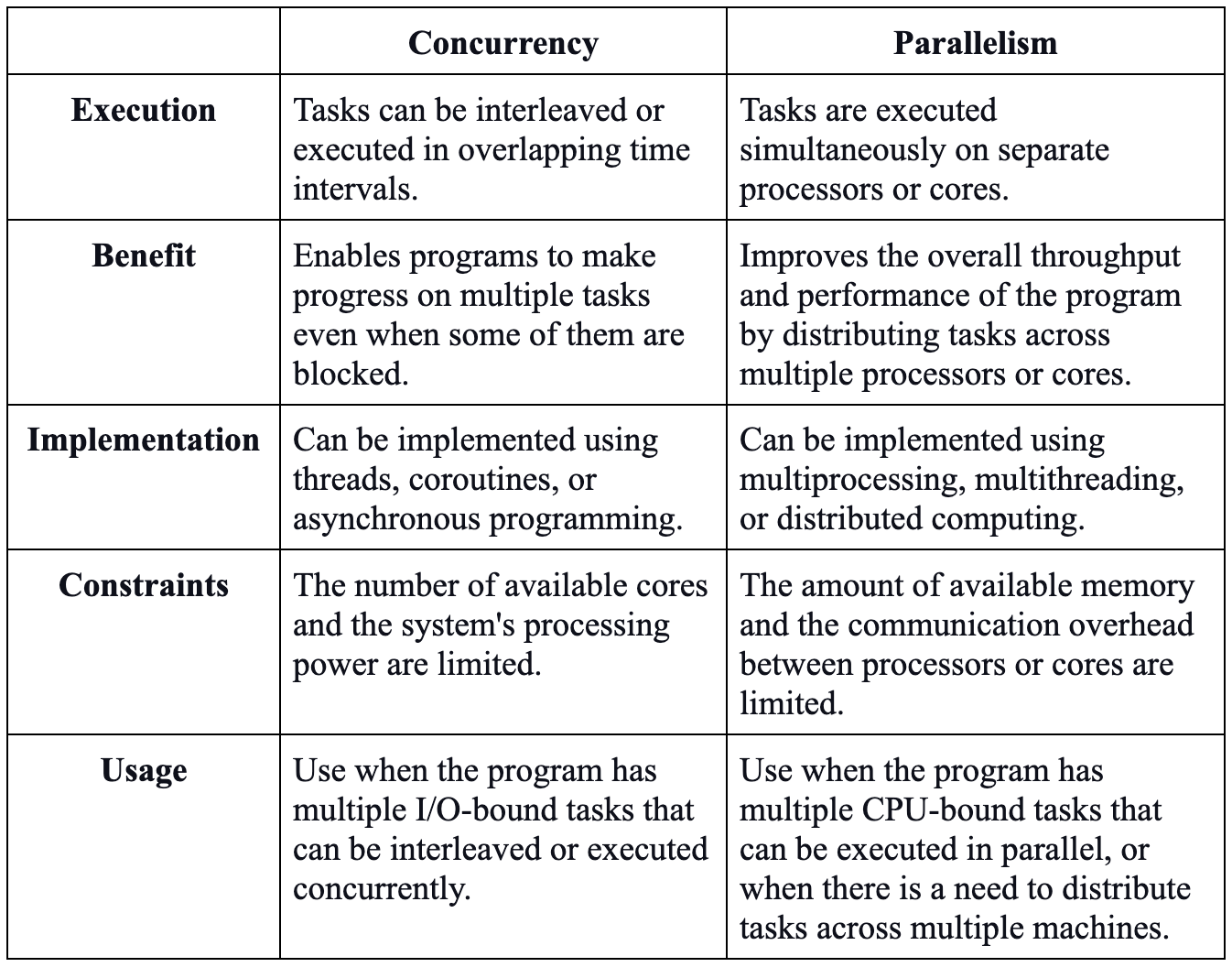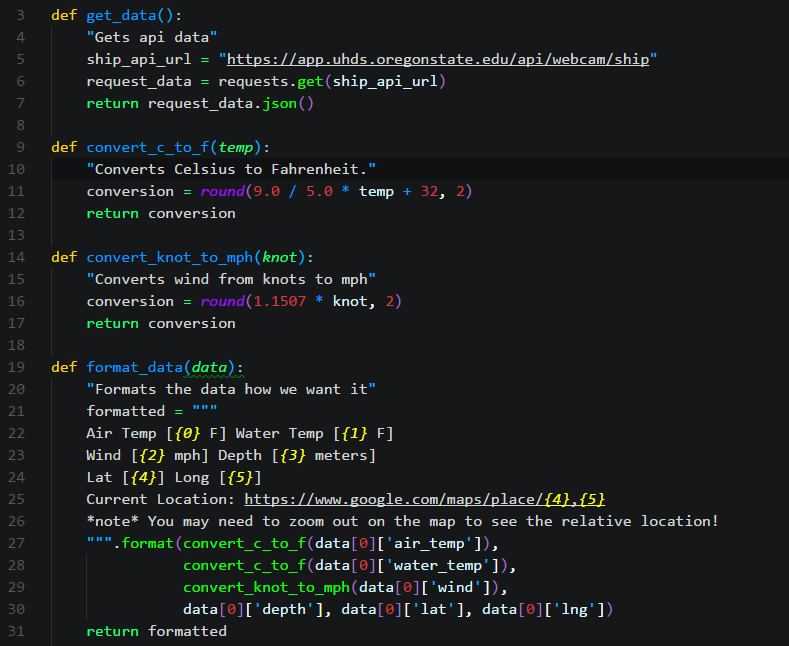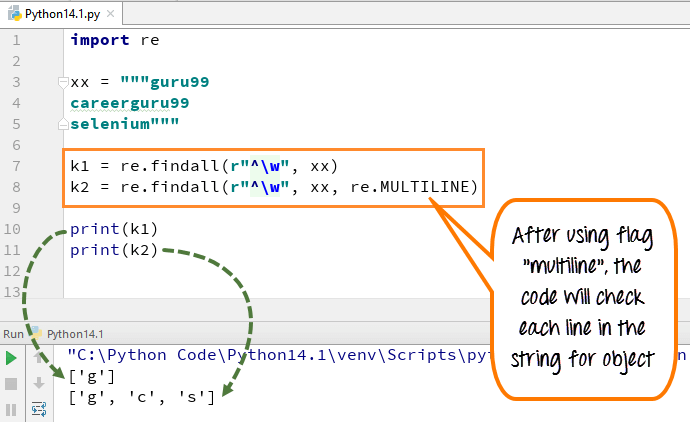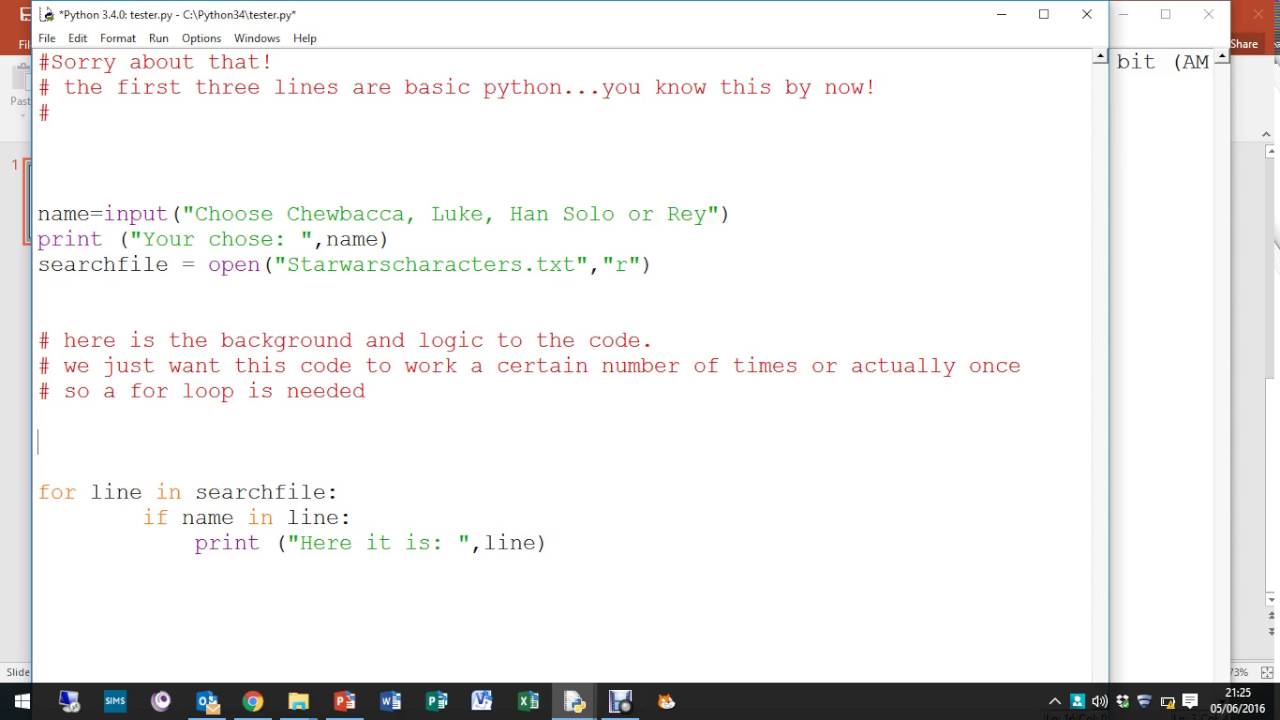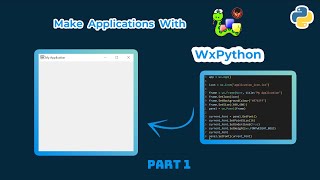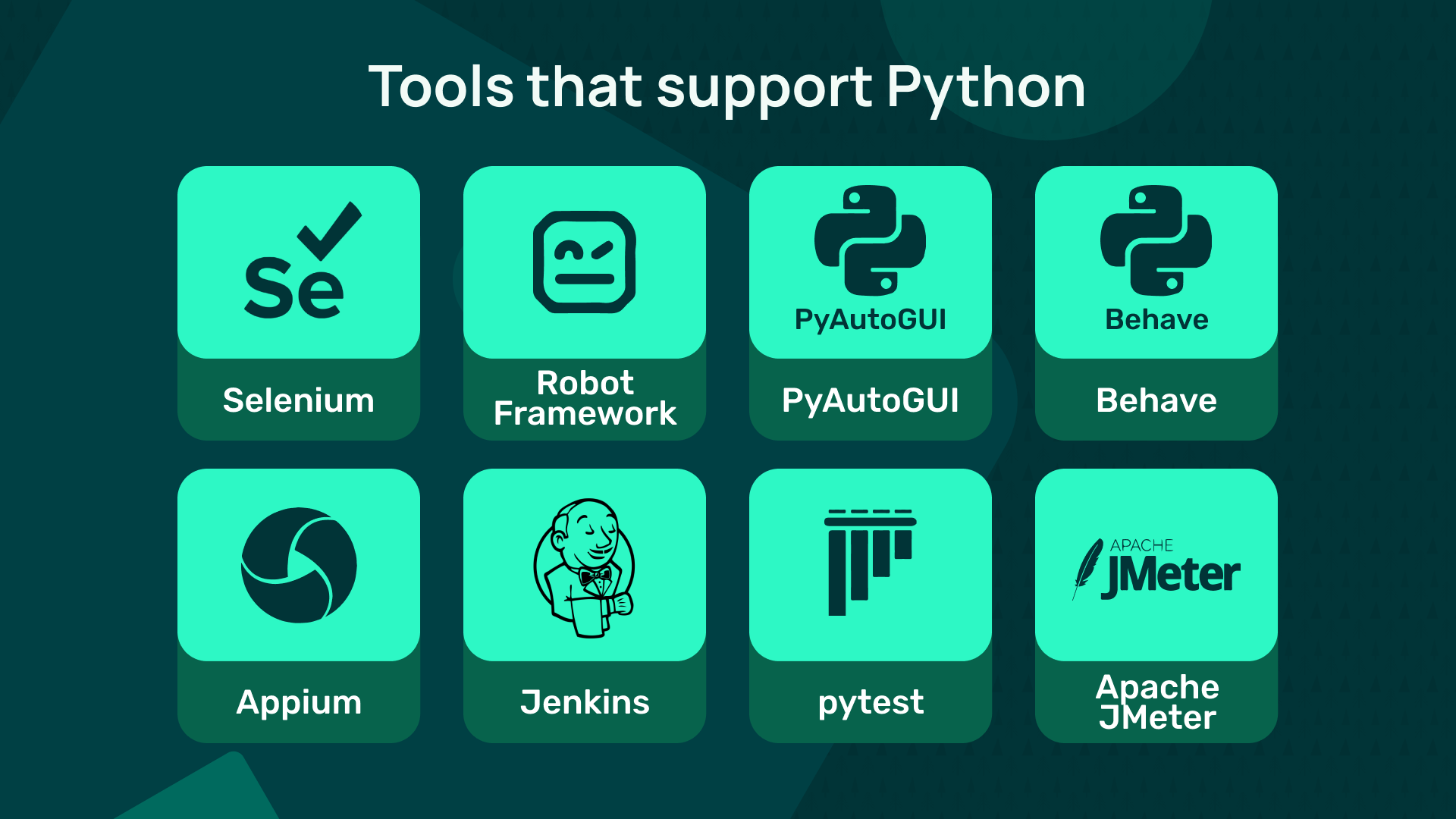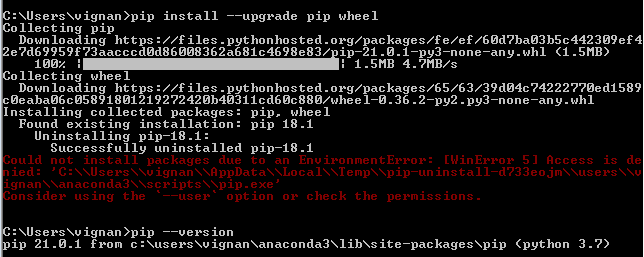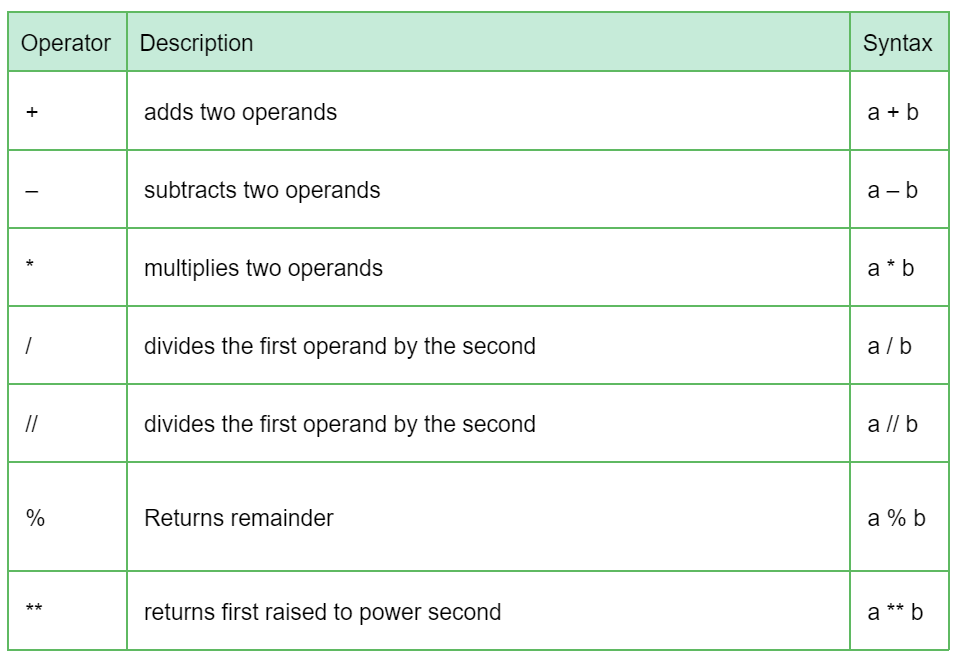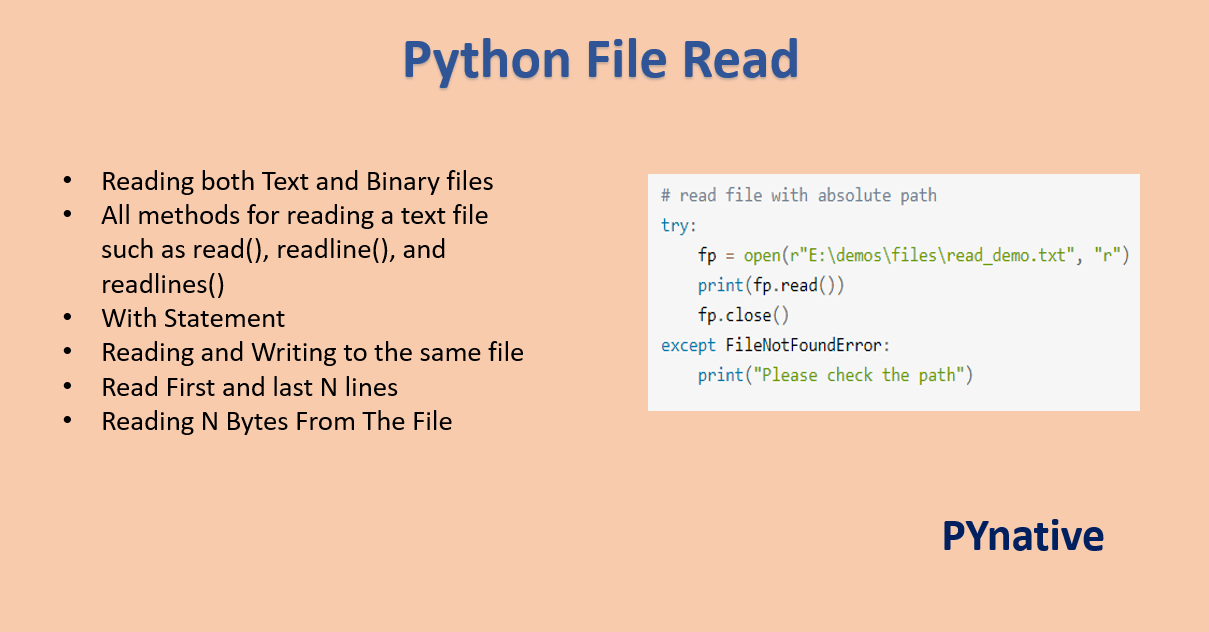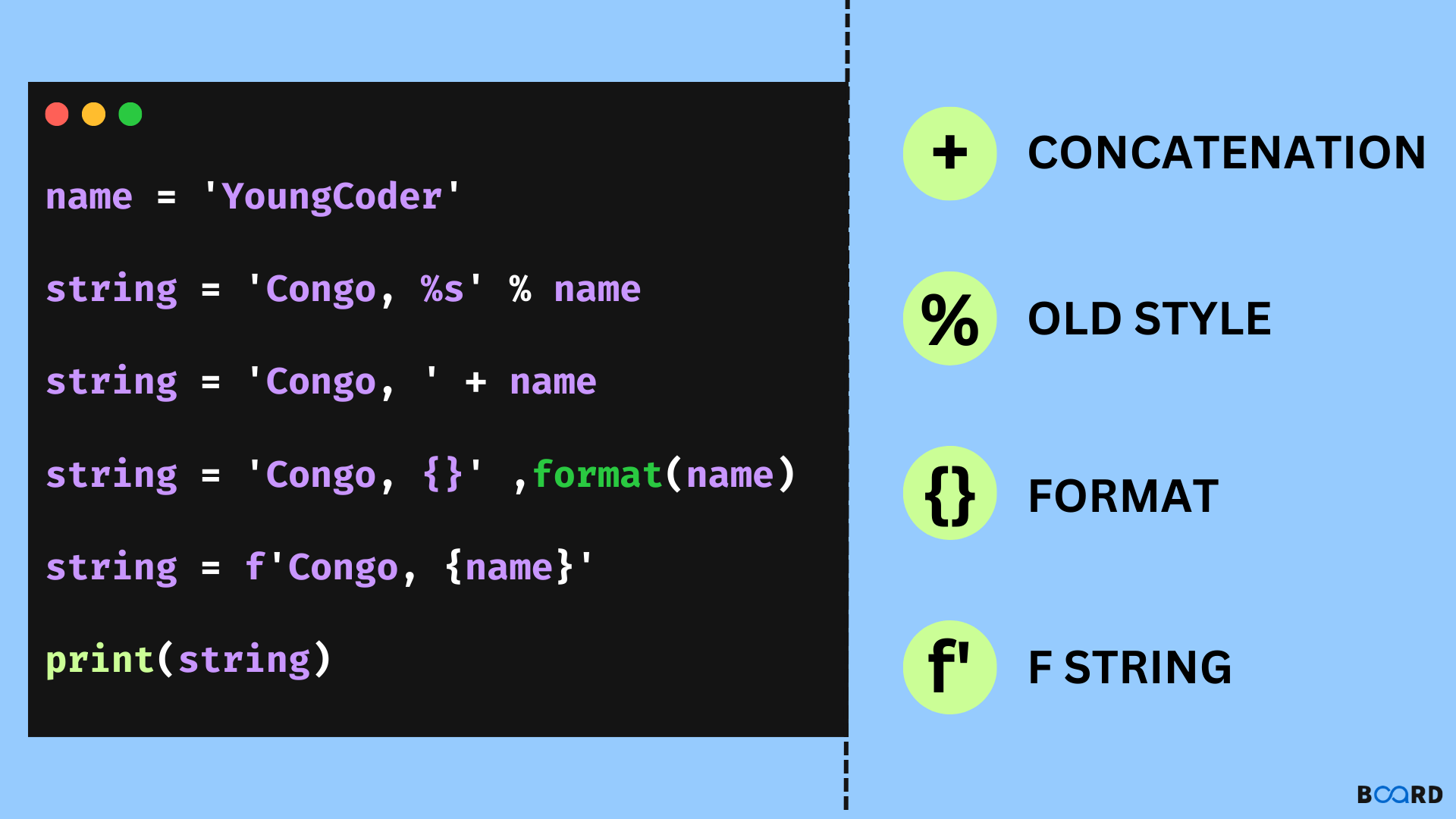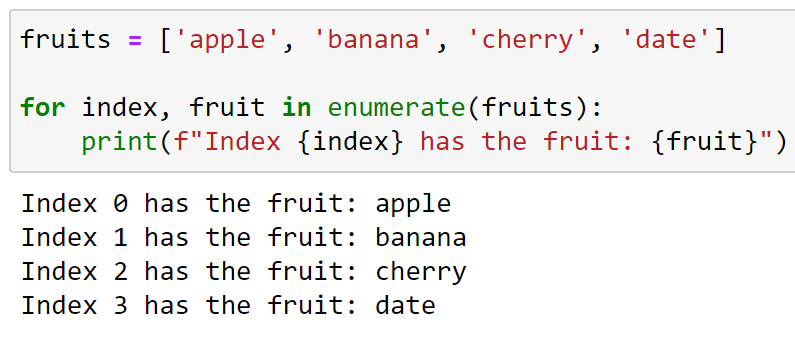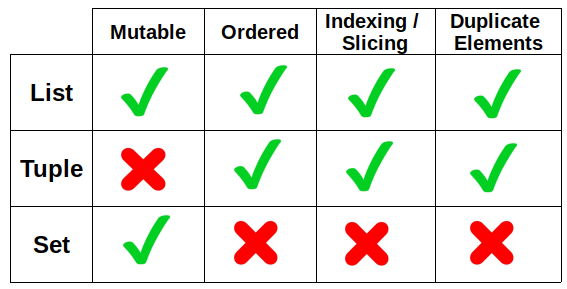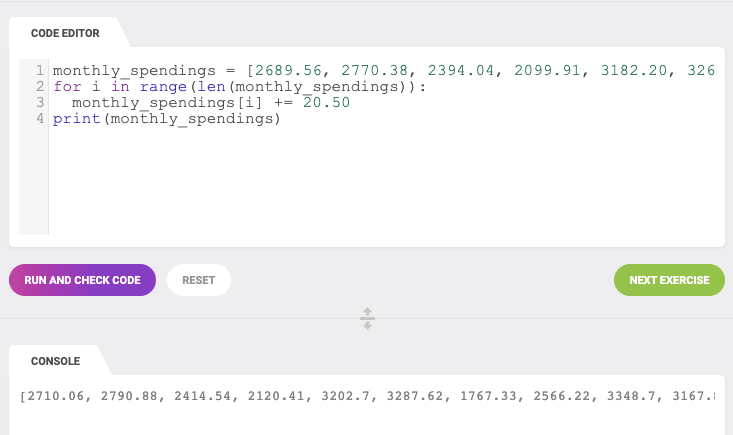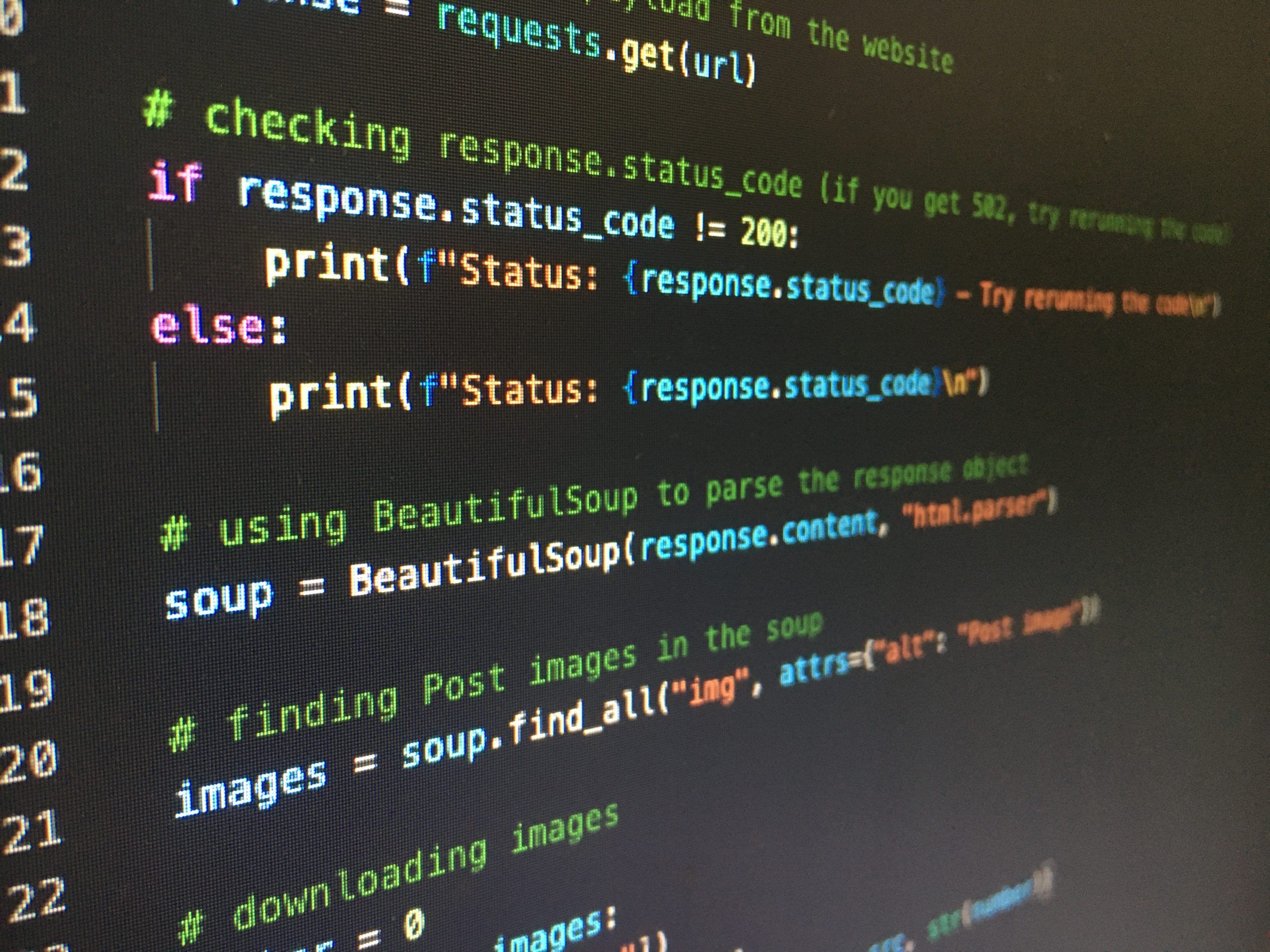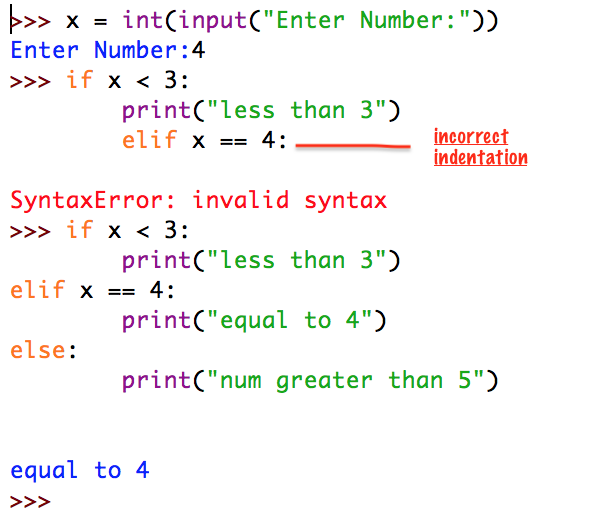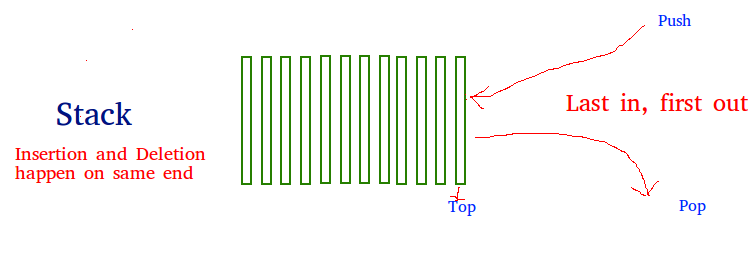How is Python useful in real life?
How is Python useful in real life?
Python is an incredibly versatile programming language that has numerous applications in various fields and industries, making it a highly sought-after skill in today's job market. Here are some ways Python is used in real-life scenarios:
Data Science and Machine Learning: Python is widely used for data analysis, visualization, and machine learning tasks. Libraries like NumPy, Pandas, scikit-learn, and TensorFlow make it an ideal choice for data scientists and researchers. Web Development: With the rise of web development, Python's Django and Flask frameworks have become popular choices for building scalable and efficient web applications. Automation: Python is often used to automate tasks, such as: Data processing and cleaning File management and organization System administration and maintenance Scientific Computing: Scientists use Python to analyze and simulate complex phenomena in fields like physics, biology, chemistry, and astronomy. Artificial Intelligence: AI and ML applications, such as natural language processing (NLP), computer vision, and game development, rely heavily on Python. Cybersecurity: Python is used for security testing, penetration testing, and vulnerability assessment due to its ease of use and flexibility. Education: Python's simplicity and readability make it an excellent teaching tool, used in many introductory programming courses and workshops. Research: Academics and researchers leverage Python for: Data analysis and visualization Simulation and modeling Statistical computing and data mining Gaming: Indie game developers use Python to create 2D games using libraries like Pygame or Panda3D. Finance and Banking: Python is used in finance for tasks such as: Data analysis and visualization Algorithmic trading Risk management Healthcare: Medical professionals and researchers utilize Python for: Medical imaging and data analysis Genomics and bioinformatics Clinical decision support systems Internet of Things (IoT): Python is used in IoT projects, such as smart home automation, sensor integration, and data processing. Robotics: Researchers and developers use Python for robotics applications, including: Robot programming and control Sensor integration and data analysis Computer vision and machine learningThese examples demonstrate the vast range of applications where Python shines. Its simplicity, readability, and flexibility make it an ideal choice for diverse industries and professionals. Whether you're a beginner or an experienced developer, Python is an excellent language to learn and master.
Top 10 uses of python in daily life
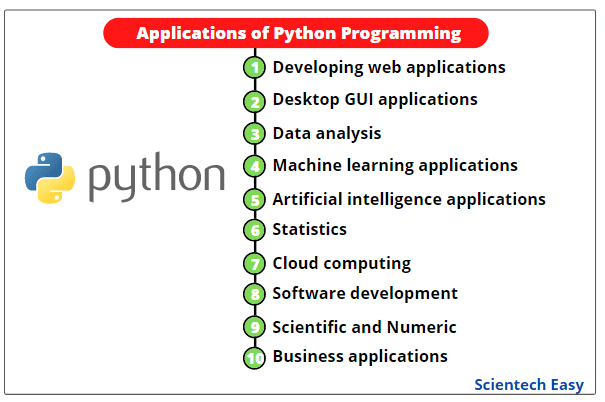
Python! A programming language that has taken the world by storm and is now an integral part of our daily lives. From data analysis to machine learning, and from automating tasks to building web applications, Python's versatility has made it a go-to tool for many professionals and hobbyists alike. Here are the top 10 uses of Python in daily life:
Data Analysis: With libraries like Pandas and NumPy, Python is an ideal language for data analysis. Many companies use Python scripts to analyze large datasets and gain insights that can inform business decisions. Machine Learning: Python is a popular choice for machine learning tasks due to its simplicity and extensive range of libraries (e.g., scikit-learn, TensorFlow). It's used by researchers, engineers, and data scientists to build predictive models and solve complex problems. Automation: Python is great at automating repetitive tasks and workflows. Many developers use it to automate file management, backups, and other tasks that can save time and increase productivity. Web Development: Python is an excellent choice for web development due to its ease of use and versatility. Frameworks like Flask and Django enable developers to build scalable and maintainable web applications quickly. Scientific Computing: Scientists rely heavily on Python's NumPy, SciPy, and Matplotlib libraries to analyze data, model complex systems, and visualize results. It's used in fields such as physics, biology, and astronomy. Game Development: Python is a popular choice for game development due to its simplicity and ease of use. Libraries like Pygame and Panda3D enable developers to build 2D and 3D games quickly. Network Security: Python's flexibility and ease of use make it an ideal language for network security tasks, such as penetration testing and vulnerability scanning. Artificial Intelligence: AI research relies heavily on Python due to its simplicity and versatility. Libraries like TensorFlow and Keras enable developers to build and train AI models quickly. Robotics: Python is often used in robotics due to its ease of use and ability to interface with various hardware devices, such as sensors and actuators. Education: Python's simplicity and readability make it an excellent language for teaching programming concepts. It's widely used in schools and universities to introduce students to programming.In conclusion, Python has become an integral part of our daily lives due to its versatility, ease of use, and extensive range of libraries. From data analysis to machine learning, and from automating tasks to building web applications, Python is an incredibly powerful tool that can be applied to a wide range of domains and industries.

